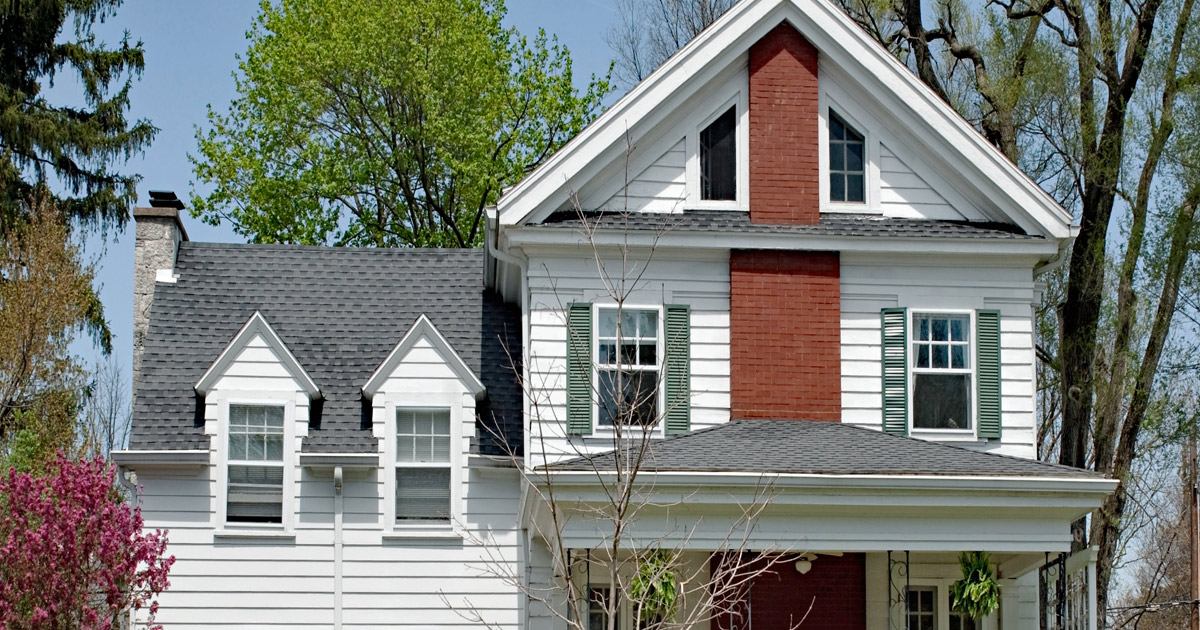As soon as a couple decides to divorce, one person may want to move out. However, before leaving a family home that is jointly owned, spouses might need to consider all their options. As long as the situation is not unsafe for either party, residing together can make sense for a few reasons.
Will Staying in the House Help My Children?
Many parents hesitate to move out of their homes because they do not want to leave their children. If partners can come to an arrangement, children could benefit. It could help parents stay connected with their children.
Will a Parent Receive Less Custodial Time?
Some parents worry that if they move out, a judge might view them as abandoning the family. In some cases, this could happen. If someone is worried about this possibility, the divorcing spouse should talk with a lawyer. The lawyer can help set up a contract with the other parent to arrange a binding agreement outlining visitation and parenting time in the interim before the divorce is finalized.
Will I Lose My Personal Items if I Leave?
Most people amass a lot of personal items, and they store these items in their home. Yet, if they leave the home in a rush, personal items may be left behind. The party who stays in the house may decide to hide or even destroy personal property of the person who leaves. This reality should be taken into consideration before one spouse leaves the home.
Can it be Considered Desertion?
It is important that divorcing spouses understand the laws before they leave their home. One of the grounds for divorce in the state is desertion. Typically, desertion requires that one person leaves the house for quite a bit of continuous time. Leaving the house for a month during divorce proceedings or mediation is not likely to be considered desertion. Nevertheless, it may be best to talk with a knowledgeable lawyer if one is concerned about desertion.
Who Has the Right to Stay in the Family Residence?
Many soon-to-be ex-spouses are concerned about property in divorce. Generally, if a home was purchased by both parties and they are listed on all the paperwork and deeds, either person has a right to live in the family home. However, that does not mean that possession of the family home cannot be fought over. A court will have to consider many factors, including where the children are going to live during the divorce, or what the parties intend to do with the home post-divorce.
The best way to determine what to do about a jointly owned residence, whether it is primary or a secondary residence, like a vacation property, is to speak with a lawyer. A lawyer can use their expertise to make customized recommendations based on the facts of the case.
Moorestown Divorce Lawyers at Stockton Family Law Help with Property-Related Decisions
If you are unsure how to handle a jointly owned property during divorce, speak to our Moorestown divorce lawyers at Stockton Family Law. We will explain your rights and determine if you should stay in your family home. For an initial consultation, call us at 856-412-5052 or contact us online. Located in Moorestown, New Jersey, we serve clients throughout South Jersey, including Mount Laurel, Burlington County, and Camden County.






